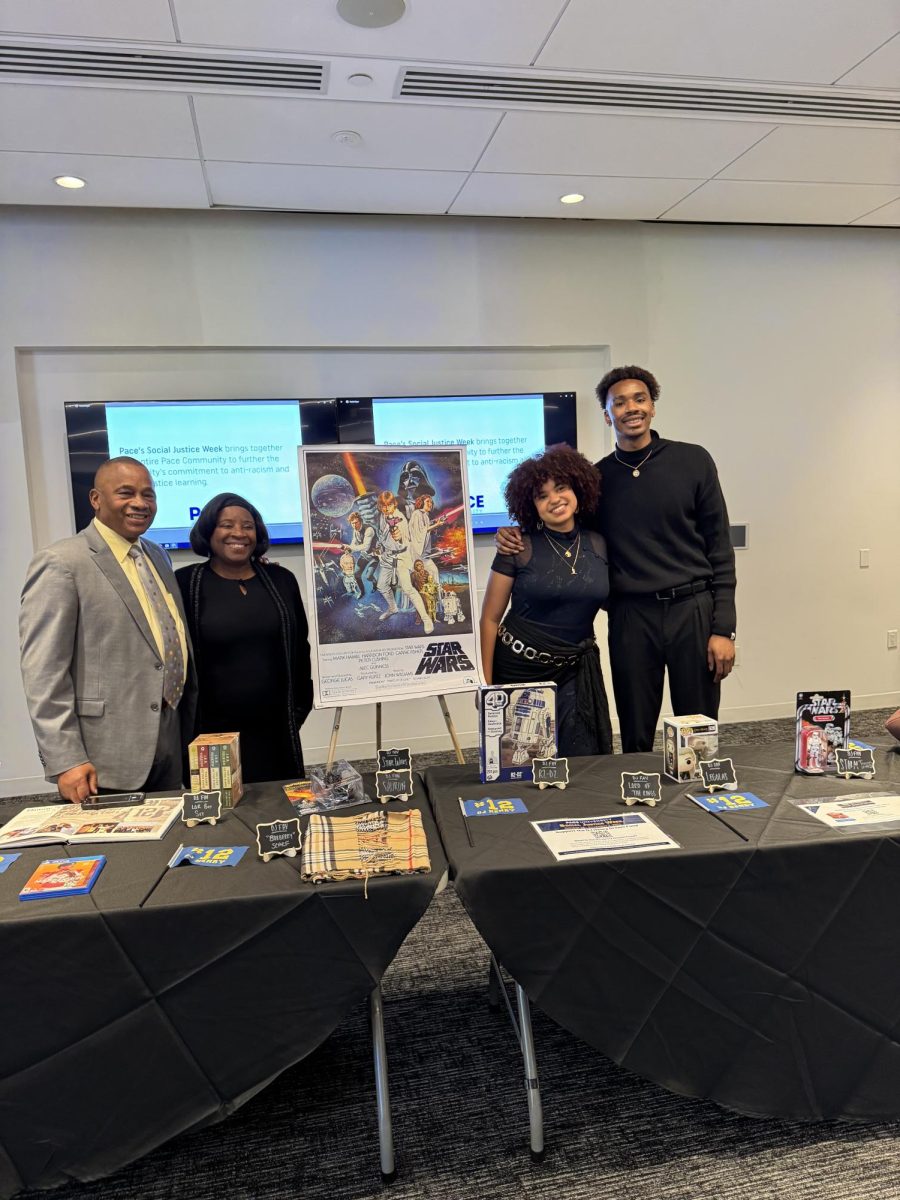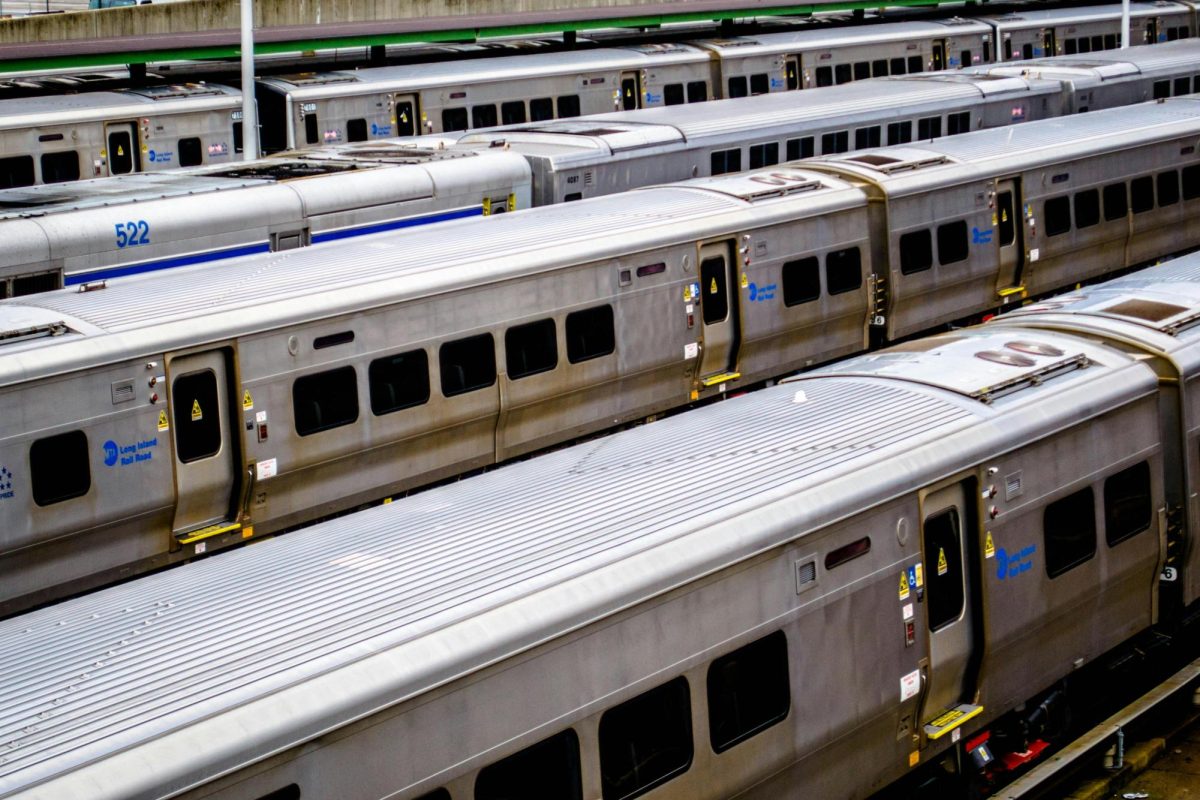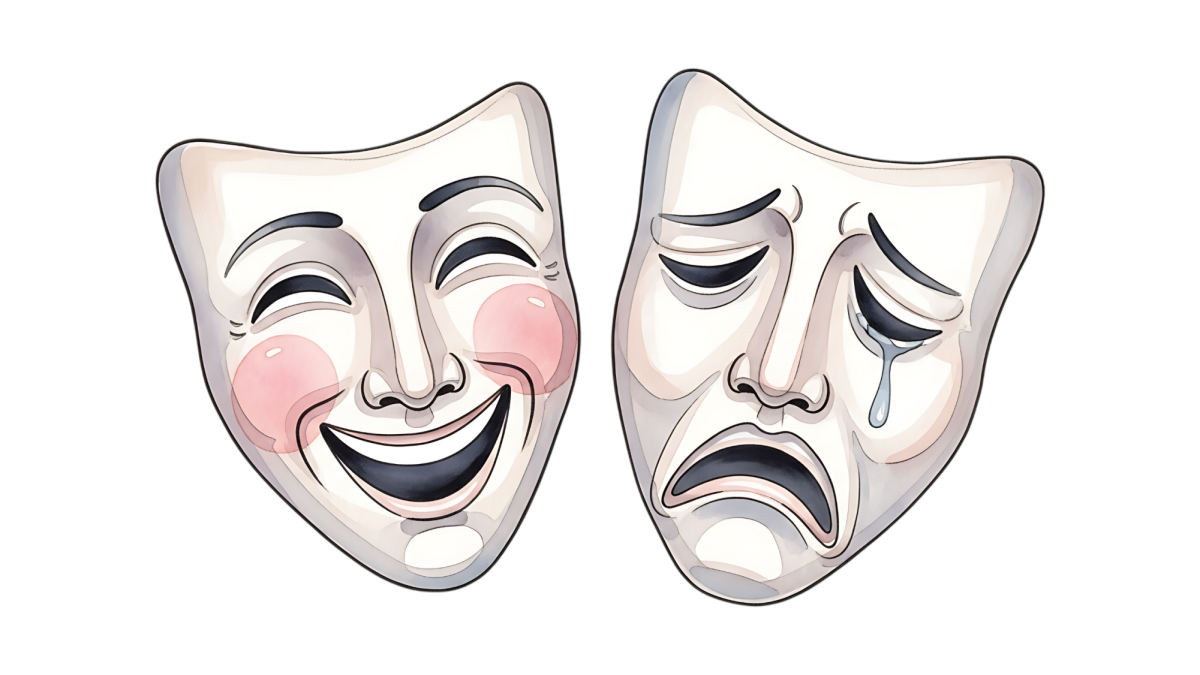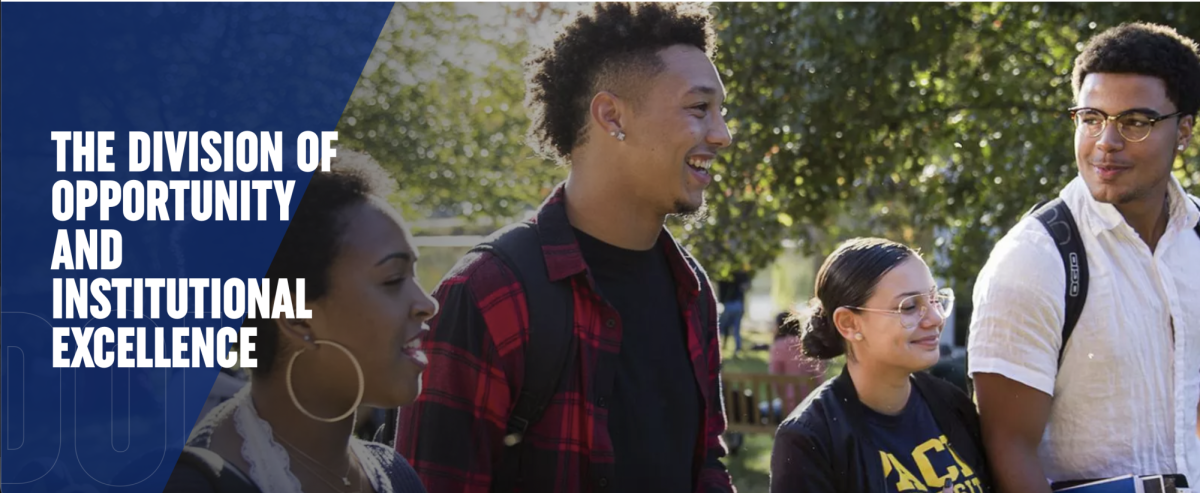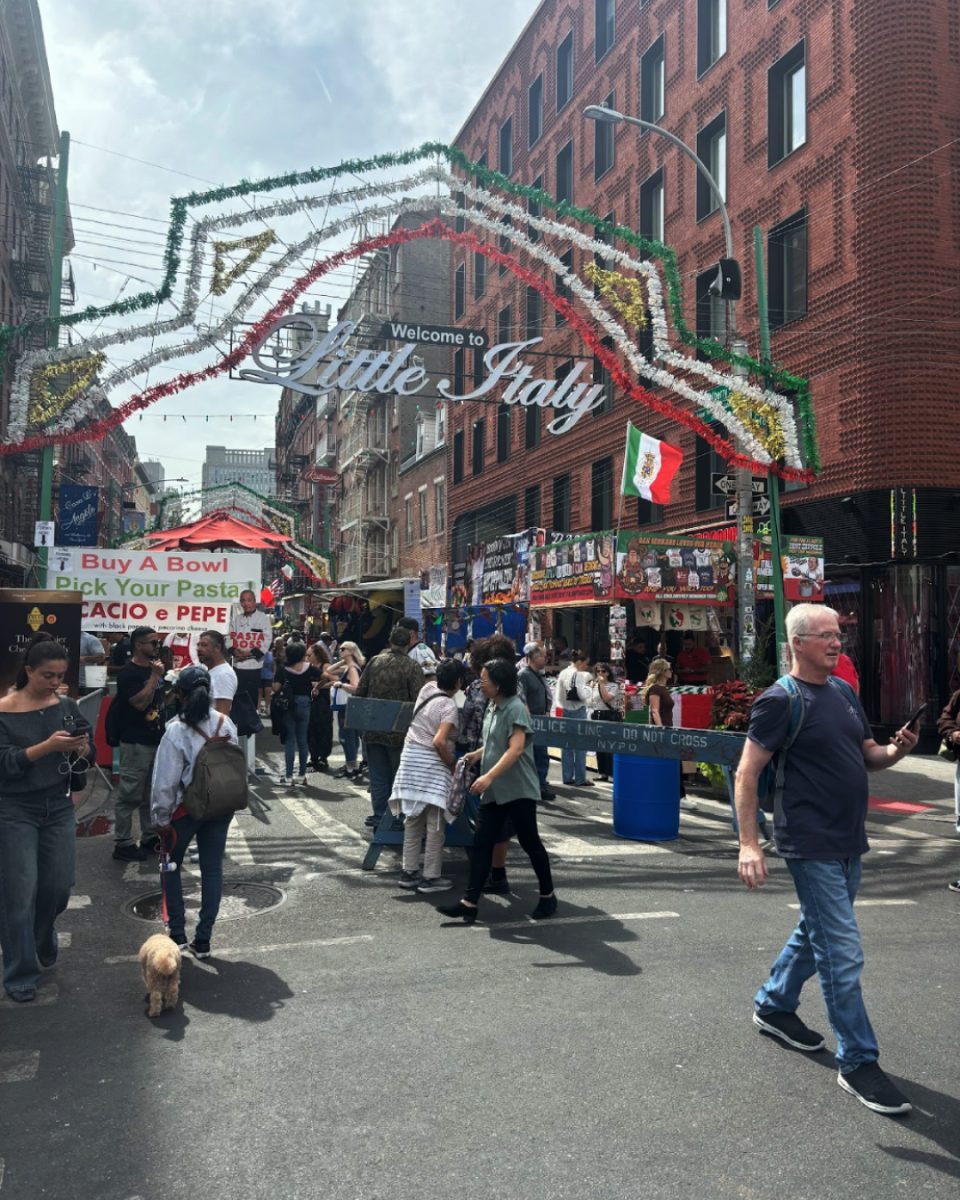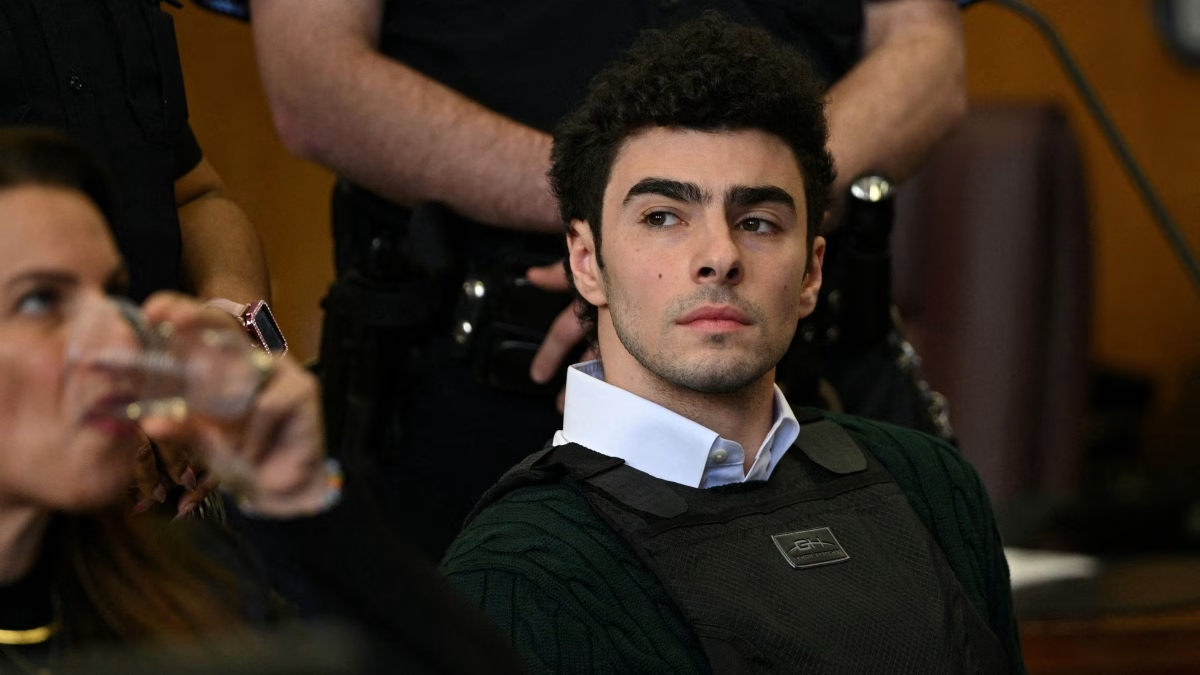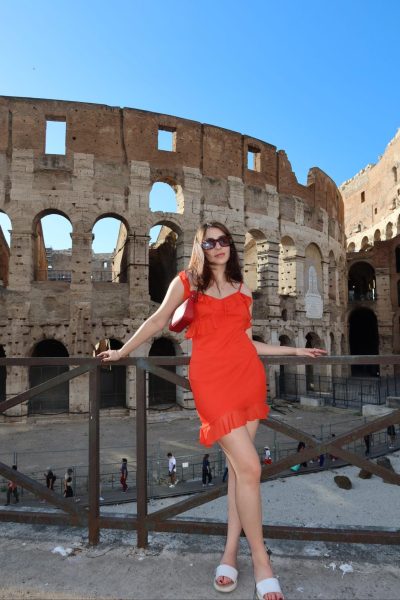Danroy “DJ” Henry Jr. was a junior at the University’s Pleasantville campus in the fall of 2010. A student-athlete and member of the football team, Henry’s life was tragically cut short on Oct. 17, 2010, during the University’s Homecoming weekend. Henry was shot and killed by a Pleasantville police officer–just 12 days shy of his 21st birthday. To honor DJ’s life and acknowledge the systematic racial injustice tied to his death, University faculty, staff, students, alumni and the Henry family developed Social Justice Week during the summer of 2020. This annual event, held around Oct. 29 (Henry’s birthday), aims to highlight the connection between his story and broader issues of racism and white supremacy.
According to the official Social Justice Week website, the initiative’s mission is to offer programming that promotes justice and equity while encouraging the campus community to engage in educational discussions on social justice. Social Justice Week not only addresses racism and white supremacy but also creates courageous spaces for meaningful dialogue and actions that can benefit the entire community.
Despite this, a recent survey of 511 University students revealed that 63% did not know who DJ Henry was, while only 37% were familiar with his story. University senior Julliana Thompson, a Peace and Justice Studies major, expressed her concerns: “I personally find the way they [the University] talk about DJ Henry a bit strange. They’ll say he was murdered by a Pleasantville officer, but from what I’ve seen—and I could be wrong—I feel like they avoid taking a true stance and dance around using words like police brutality.”
This week, several events took place across all three campuses. On Monday, Oct. 28, the City campus hosted a charity dinner to celebrate Henry’s life. The hour-long event, held in the One Pace Plaza Student Center, was planned by Resident Director Abraham Alemoh, the Staff Co-chair for the NYC DJ Henry Memorial Committee, along with students and staff. Alemoh worked alongside student Co-chair Layne Davis to plan and execute this event.
“Our events aimed to connect the NYC community with the things DJ cherished. People who attended were able to learn about DJ’s story and engage with many of DJ’s favorite things, which included a diverse menu of food options and various artifacts that represented DJ’s interests—his favorite meals, sports, shows, video games, music and more,” Alemoh shared his hopes for the event. “We hope that our Dinner for DJ Memorial event was able to deepen the NYC Pace community’s connection to DJ and keep his spirit alive.”
Alemoh acknowledged the gap in awareness about Henry between the city and Pleasantville campuses. This event, he noted, aimed to bridge that gap, helping students learn not just about Henry’s tragic death but also about his life. It was the first time the University held an event focused on celebrating DJ as a person, offering students a chance to understand who he was beyond his death.
“The City Dinner for DJ memorial event differed from the Pleasantville and Law School memorial events because it focused on celebrating DJ’s life,” Alemoh explained. “By hosting this dinner, we aimed to create an environment where the NYC community could engage more meaningfully with DJ and his legacy.”
Henry’s grandparents, Wayne and Debbie Dozier, attended the event and shared personal reflections about him. The gathering fostered an atmosphere of remembrance, uniting the community and highlighting ongoing discussions around social justice.
Alemoh worked alongside student Co-chair Layne Davis to plan and execute this event.
Although 14 years have passed since Henry’s death, police brutality remains a pervasive issue, with many victims never receiving justice. In Henry’s case, there was no indictment against the officer who killed him. While the Henry family received a settlement, they have expressed that no amount of money could ever replace their son. There is currently a petition circulating to reopen DJ Henry’s case.
As Social Justice Week continues to grow each year,DJ Henry’s legacy serves as a powerful reminder of the need for ongoing dialogue and action in the fight against systemic injustice. Through education, reflection and unity, the hope is to foster meaningful change and ensure that DJ’s story continues to resonate with future generations.

